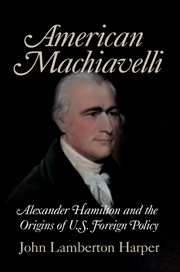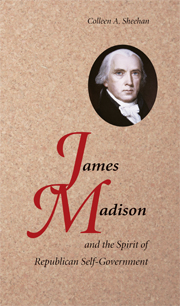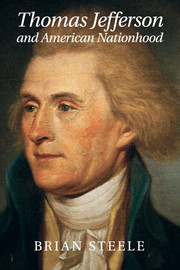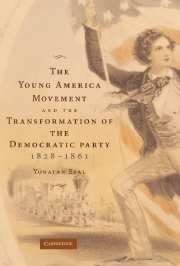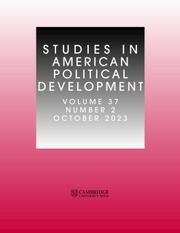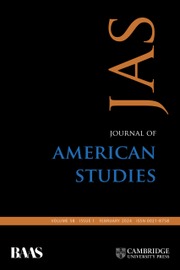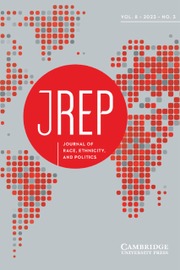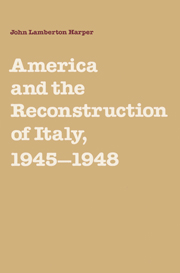American Machiavelli
Alexander Hamilton rose from his humble beginnings as an illegitimate West Indian orphan and emigrant to become the premier statebuilder and strategic thinker of the American Founding generation. This is the first detailed narrative study of his foreign policy role and ideas to appear in more than thirty years. It focuses on Hamilton's controversial activities as a key member of President George Washington's cabinet and as an aspiring military leader in the 1790s, a decade of profound division over the shape and powers of the Federal government, and US policy toward the warring powers of Europe. Drawing parallels between Hamilton and the Florentine diplomatist and thinker, Niccolò Machiavelli, prize-winning historian John Lamberton Harper offers an insightful and accessible account of the origins of Hamilton's outlook, his bitterly personal rivalries with Thomas Jefferson and John Adams, and his indispensable part in designing and implementing US foreign policy.
- Publication coincided with 200th anniversary of Hamilton's death in a duel with Aaron Burr
- Was the first major study of Hamilton's foreign policy role to appear in almost 30 years
- Readable and accessible
Reviews & endorsements
'… a decent history about the role Alexander Hamilton plated in the shaping of foreign policy of the Early American Republic … the book does help further the scholarship of the history of American foreign policy …' Political Studies Review
Product details
September 2007Paperback
9780521708746
376 pages
229 × 152 × 21 mm
0.55kg
Available
Table of Contents
- Part I. The Coming of Necessity:
- 1. From providence to fortune, 1757(?)–1781
- 2. Prepared to be not good, 1781–1788
- Part II. Battle Lines are Drawn:
- 3. At Washington's side again, 1789
- 4. Hamilton versus the Virginians, 1789–1791
- 5. The Nootka Sound Crisis, part one: the Morris mission
- 6. The Nootka Sound Crisis, part two: Hamilton and Jefferson
- 7. Liaisons Dangereuses, 1791–1792
- Part III. Seizing the Helm:
- 8. The birth of American neutrality, February-May, 1793
- 9. 'A most distressing dilemma', May-December, 1793
- 10. Hamilton and the war crisis of 1794
- 11. The Jay treaty
- Part IV. Informal Adviser to the Prince:
- 12. Return to not-so-private life, 1794–1795
- 13. 'Camillus' into the breach, 1795
- 14. A high-stakes game: Washington's farewell address, 1796
- 15. Transition to the new regime, 1796–97
- Part V. A Prince in His Own Right?:
- 16. Hamilton and Adams: the background
- 17. Hamilton's 'Grand Plan'
- 18. Hamilton's army, part one, 1797–1798
- 19. Hamilton's army, part two, 1798–1799
- 20. Killing two birds with one stone, 1799
- Part VI. The Lesser of Evils:
- 21. 1800 and after
- 22. From fortune into providence.

